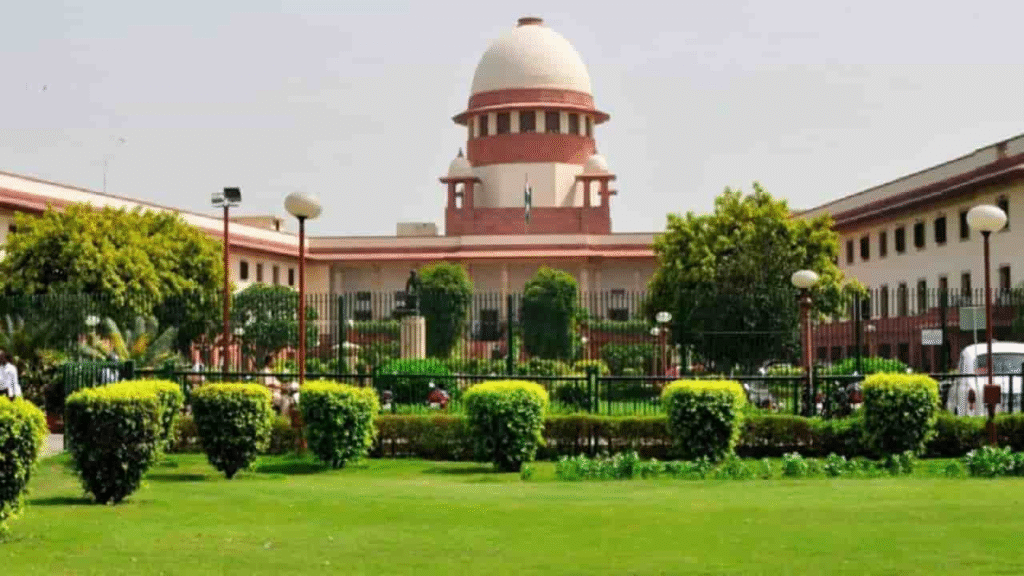Supreme Court affirms that Aadhaar cannot stand as conclusive proof of Indian citizenship; it must be independently verified in voter roll validation exercises like Bihar’s SIR.
New Delhi, August 12, 2025
In a striking reaffirmation of legal precision over convenience, the Supreme Court of India has confirmed that the Aadhaar card—our ever‑present 12‑digit biometric tag—is not a conclusive proof of citizenship but merely serves as identity verification.
While hearing petitions against the Election Commission’s Special Intensive Revision (SIR) of Bihar’s voter rolls, a Bench comprising Justices Surya Kant and Joymalya Bagchi backed the Election Commission’s stance. Justice Kant pointedly referenced Section 9 of the Aadhaar Act, which expressly states that Aadhaar “is not a proof of citizenship or domicile.” Thus, its use must be corroborated with further verification, not taken at face value.indiatoday.in
The court didn’t stop at semantics. It pressed on the core question of authority: Does the Election Commission even have the legal power to verify and even exclude names based on document checks in the SIR? As Justice Kant observed, “If they don’t have the power, everything ends. But if they have the power, there can’t be a problem.”business-standard.com
Petitioners, led by Senior Advocate Kapil Sibal, raised alarms about potential mass disenfranchisement. They argued that requiring fresh submissions—even from voters registered back in 2003—could purge large numbers without legitimate cause. The court, however, seemed sceptical that such widespread exclusion had occurred, calling such concerns “largely a case of trust deficiency.”apnews.com
Why This Matters
This isn’t just legal hair-splitting—it’s a recalibration of how identity systems interface with democratic rights. Aadhaar may unlock your bank account or LPG subsidy, but citizenship is etched in a different paradigm. The Supreme Court nudges us to keep these domains distinct: biometric identity is not a shortcut to democratic inclusion.

